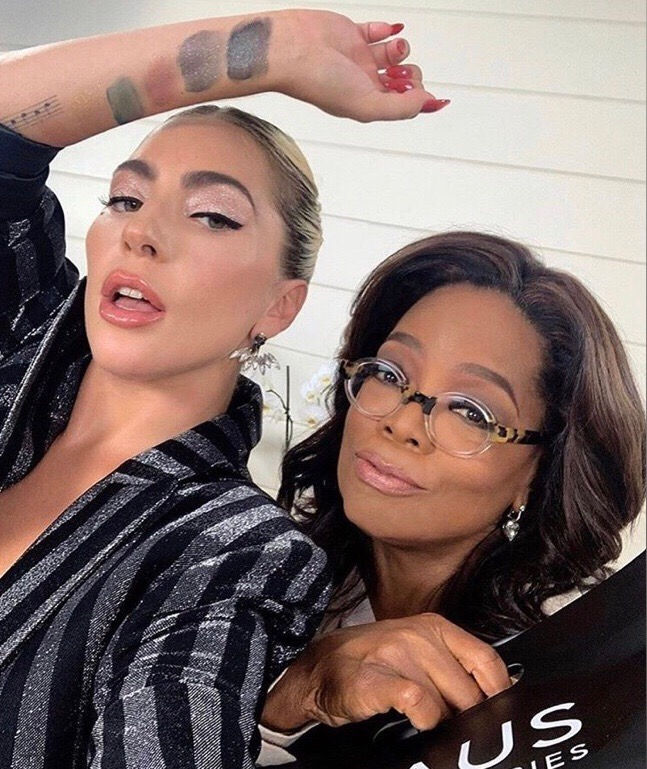Don’t Drop-kick Facebook Quite Yet | Mass Media Monday
- Nov 25, 2019
- 2 min read
Mass Media Monday is a mini series of updates and observations in media, entertainment, and technology. This week, a conversation with a Facebook UX strategist on how Groups might combat isolation fostered through Facebook.

Lady Gaga and Oprah connected over their mutual love of beauty for Oprah's Favorite Things (Source: @WeAreChannnelQ on Instagram)
Have you ever taken a photo with the specific intent of posting it on Instagram? Hiked a scenic trail or ordered a specific toast at a restaurant because of their Instagrammability?
In an era where people create content specifically for platforms like Instagram, YouTube, and TikTok, Facebook is an outsider. In order to keep itself relevant, their recent emphasis on community-building around specific interests is a necessary update.
Unlike the other content-forward platforms, Facebook’s strength lies in its ability to leverage the roster of people on and connected to a profile. With a click of a button, I can see all my friends who live in Seattle or went to Pitzer or “like” One Direction. But Facebook wants its platform to connect more than those you already know. It’s “Groups” feature is built with the belief that “Connecting with people who share your common interests and passions can be life-changing.” Their ad series depicts people hanging out with a shared hobby, such as “Coast to Coast Cyclists” or “Subtle Asian Traits.”
Groups is powerful because it curates information and collects people. For example, the group “Calls for Submissions (Poetry, Fiction, Art)” appeared in my Discover page. In the description, the founder wrote, “I noticed a lot of groups have postings regarding submission calls. I thought it would be easier & more effective creating a group for calls.” As Facebook also attempts to establish itself as a trusted news source, it’s notable that sharing, curating, and commenting on information is a key feature of the platform.
Much like the “Discover” page on Instagram, Groups allows you to discover other communities. This feature directs people to use the platform to explore and share passions. This is a direct contrast to the platform’s stereotype of depicting your picture-perfect family or fostering disconnection. By putting interests, information, and events ahead of aesthetics, Groups has the power to keep Facebook relevant to my generation, which has largely dismissed it as something you keep but rarely use.
In my recent conversation with a UX content strategist at Facebook, he described the work of UX as an exercise in brevity and foresight. It’s about taking words away to make the use of an app seamless. But the only way to ensure the success of a new feature is if people use the feature to completion. In my opinion, if Facebook leverages the filtering feature of LinkedIn to sort people and the experience feedback of OpenTable and Groupon, Groups has the potential to combat the isolation synonymous with with social media.
https://youtu.be/ZAfAFTxTZEg






Comments